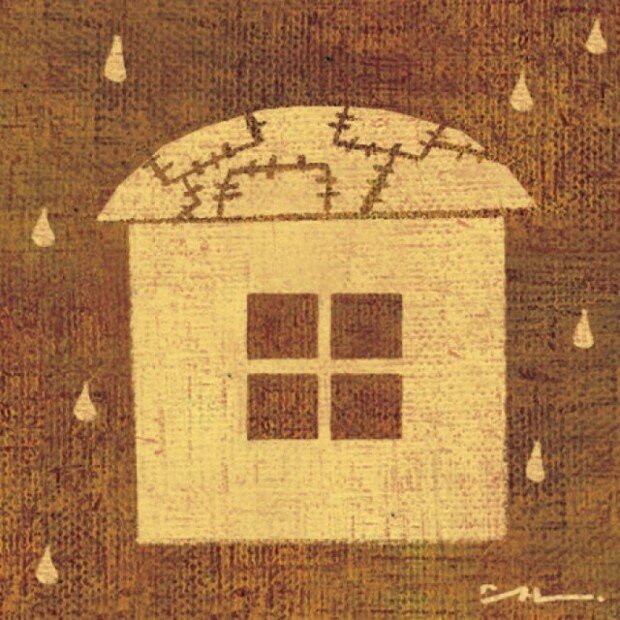The end of poverty
The end of poverty
Posted April. 22, 2022 07:38,
Updated April. 22, 2022 07:38

A breadwinner, suffering from the hardships of life, plans to commit robbery, but aborts the plan and turns away, after struggling between destitution and conscience. Yet, it is depressing to endure starvation and deprivation. The man is resolved to commit a crime again, only to be stopped by his wife who is trying to persuade him. She said she would endure the hardships together with him, along with the law of nature and moral laws. The man, however, is determined to end this suffering. He feels depressed that he had to suffer thus far, and it is equally upsetting to think that he may still be indigent when he grows old.
The poem is a folk song in the era of the late Han dynasty. The unnamed scholar represents ordinary people whose lives are falling head-over-heels. The poet focused on conveying the message clearly and used unfiltered words and belligerent thoughts. The unsophisticatedness of the words and thoughts might have come across as rebellious. Some editors changed the wife’s imploration, “You cannot do this,” into “This is a virtuous era; do not break the teachings of the wise, be careful, and stay away from wrongdoings,” probably with the intention of using the folklore to reform and educate the people.






![“잠만 자면 입이 바싹바싹”…잠들기 전에 이것 체크해야 [알쓸톡]](https://dimg.donga.com/c/138/175/90/1/wps/NEWS/IMAGE/2026/02/23/133404747.3.jpg)
